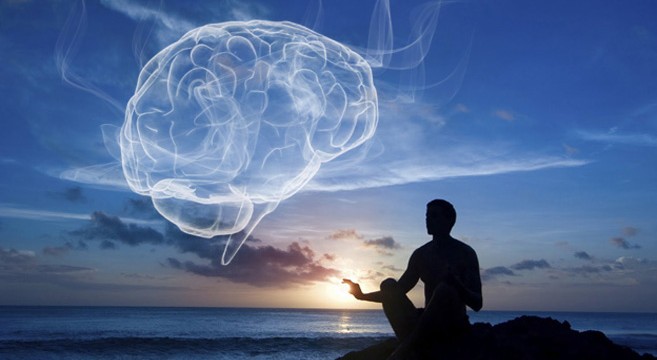
In a new twist on the classic “free will” experiment, meditators, average people and people who can be easily hypnotized were compared. The results hint that although nobody has free will, meditators have more awareness of their own inner processes than average and easily hypnotized people have less.
In 1983, Benjamin Libet authored the famous experiment that challenged our notion of free will. He measured electrical activity in someone’s brain while asking them to press a button, whenever they liked, while a special clock allowed them to precisely record the time they believed they made that choice.
The result: the part of the brain that controls movement lighted up more than half a second (550 milliseconds to be precise) before the finger moved. Astonishingly, somewhere in that window of time, around 350 milliseconds after the brain initiated the movement, the person had the impression of deciding to move their finger.
In the new study, University of Sussex, Brighton, UK’s Peter Lush and his collegues redid the experiment sans brain electrodes on 57 volunteers, 11 of whom regularly practices mindfulness meditation. Not having access to the moment brain activity started, the team simply compared the time subjects reported choosing to act to the time they actually moved their finger.
They found that even though, presumably, everyone became aware of the decision way after it was initiated, the group of meditators had less of a gap: they thought they chose to move 149 milliseconds, on average, before they did move, versus 68 milliseconds for non-meditators. The “easy to hypnotize” people performed the worst, reporting a choice a full 23 milliseconds after their finger actually moved.
Assuming Libet’s figure of 550 milliseconds between brain activation and movement still holds, this would imply that the length of time between movement initiation and the moment people believe they make a choice to move is:
- 401 milliseconds for meditators
- 482 milliseconds for average people
- 572 milliseconds for easily hypnotized people
The authors’ interpretation is that meditators “become aware” of their “unconscious brain activity” sooner than others. But what is this “unconscious” that chooses for us?











